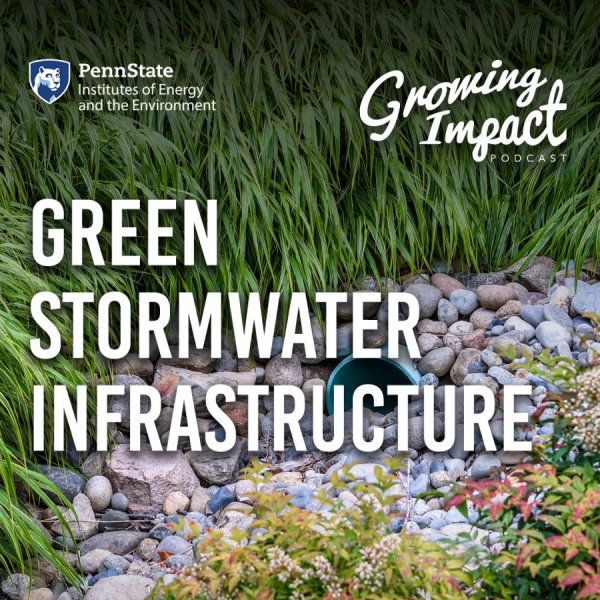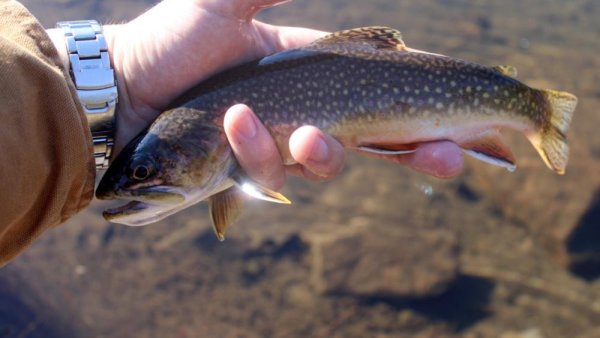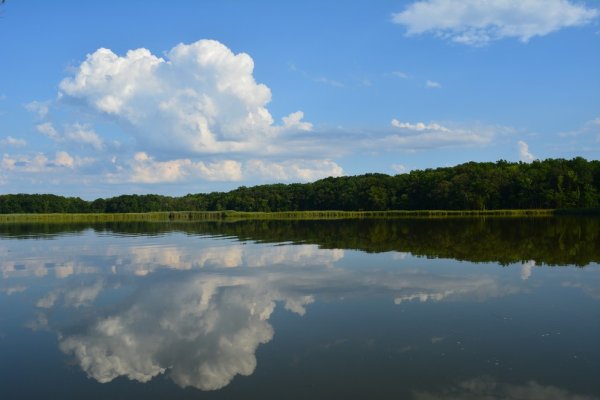How many trees are needed to take up the carbon dioxide I release every day?
| by Bruce Logan
Breathe in, and you consume oxygen. Breathe out, and you release carbon dioxide into the air. We know that burning fuels releases carbon dioxide, and our own “fuel,” or the food we eat, is no different. We capture the energy from the food we eat and then release the carbon from that food into the environment. On average, we eat about 2,000 calories a day and release about 2 pounds of carbon dioxide a day. Plants and trees use the energy in sunlight to take up carbon dioxide through their leaves and grow more biomass.
Nearly 60 million Americans don't drink their tap water, research suggests – here's why that's a public health problem
| theconversation.com
New research finds that tap water avoidance is on the rise in the US, especially among minorities. An expert on water and health calls for better public education about water quality and testing.
Webinar to explore sustainability, carbon emissions of buildings
| news.psu.edu
The Global Building Network will hold a webinar on sustainable buildings, titled “Operational Carbon vs. Embodied Carbon in Buildings,” from 4 to 5 p.m. on Monday, April 19. The speaker, Rahman Azari, is an associate professor of architecture in the College of Arts and Architecture and a co-funded faculty member of the Institutes of Energy and the Environment.
EarthTalks: Sir Dieter Helm to discuss carbon pricing as tool to reach net zero
| news.psu.edu
Sir Dieter Helm, professor of economic policy at the University of Oxford and Fellow in economics at New College, Oxford, will discuss the need for a carbon price as a means of lowering emissions, at a talk on April 19 via Zoom.
Graduate student excellence celebrated at virtual awards ceremony
| psu.edu
Graduate student award recipients were celebrated during the annual Graduate Student Recognition Ceremony where 10 awards to more than 30 graduate students in recognition of outstanding achievement.
Virtual symposium to reflect on past and future of polymer science
| news.psu.edu
A two-day virtual symposium featuring speakers from academia and industry will be held from 1 to 6 p.m. on April 14 and 15, and will discuss the past and future of polymer sciences. The symposium is free and open to the public via Zoom.
Penn State researchers looking for insights through wild trout coloring
| pennlive.com
Anglers invited to provide citizen science input by photographing their fish.
Growing Impact: Green stormwater infrastructure
| Featuring Lauren McPhillips
Green stormwater infrastructure uses the power of plants and soils to improve water quality. More than that, Lauren McPhillips discusses how making stormwater infrastructure green is saving cities money, impacting environmental justice, and cooling urban heat islands with aesthetically pleasing gardens.
Researchers ask anglers' help with study of brook, brown trout colors, patterns
| psu.edu
Penn State researchers, who are evaluating the colors, pattern variations and genetics of wild brook and brown trout across Pennsylvania, are asking anglers to help with their study.
CESU workshop to highlight opportunities to work with federal agencies
| news.psu.edu
Researchers whose work addresses natural and cultural resource management topics can learn about partnering opportunities with federal agencies at the Cooperative Ecosystem Studies Units Program Workshop on March 30.
2021 Water Forum to take place on March 24, 25
| news.psu.edu
The 2021 Water Forum will take place virtually on the afternoons of March 24 and 25, and is an opportunity for the Penn State water community to come together to hear from outside speakers and get updates on and contribute to key Penn State water initiatives.
Materials Research Institute announces seed grant recipients
| news.psu.edu
The Penn State Materials Research Institute announces seed grant recipients for 2021, grants designed to foster interdisciplinary research at Penn State.












